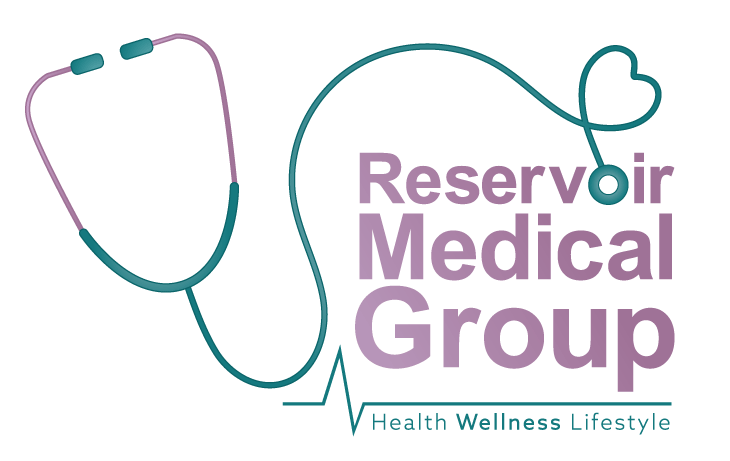Communication
4.17 Email Policy
Communicating by Email
Staff should be aware that electronic messages should be classified and treated as records. When an email message is sent or received in the course of a person’s duties, that message is a business communication and therefore constitutes an official record. It is not possible to guarantee that electronic communications will be private.
All staff and patients are made aware that electronic communications could, depending on the technology, be forwarded, intercepted, printed, and stored by others. Electronic mail is the equivalent of a postcard.
Doctors, registrars, nurses and our practice manager have full accountability for emails sent in their name or held in their mailbox, and are expected to utilise this communication tool in an acceptable manner.
This includes (but is not limited to):
- limiting the exchange of personal emails
- refraining from responding to unsolicited or unwanted emails deleting hoaxes or chain emails
- email attachments from unknown senders should not be opened virus checking all email attachments
- maintaining appropriate language within e-communications ensuring any personal opinions are clearly indicated as such confidential information should not be sent unencrypted
The practice reserves the right to check individual email as a precaution to fraud, workplace harassment or breaches of confidence by employees. Inappropriate use of the email facility will be fully investigated and may be grounds for dismissal.
No reception staff have been set up with their own practice email. There is a general email address that all emails can be sent to: admin@reservoirmedical.com.au
Our practice adheres to the Australian Privacy Principles, the Privacy Act 1988.
Any communication sent electronically is usually dealt with by the GP, practice manager or the nurses. Before any communication is sent to the patient we obtain consent from the patient via email request or by fax request from them. The patient is informed that they will receive a response within two days.
Our information pack informs patients not to request or contact the practice via email for any matter that is urgent. They must contact the practice via telephone.
Any emails being forwarded to the practice are printed and scanned into the patient’s clinical history and any relevant action is taken by the GP or nurse.
Internal emails:
Our Practice Computer Program – Genie
Any telephone messages that come through for our GPs, nurses or staff are sent through our internal email as TASKS. Once these messages are actioned, they are then either sent back to reception staff, nurses or practice manager who then makes a note in the patient’s clinical history and if required the patient is contacted via the telephone with a response to their call. The TASK is then linked into the patient’s clinical history.
